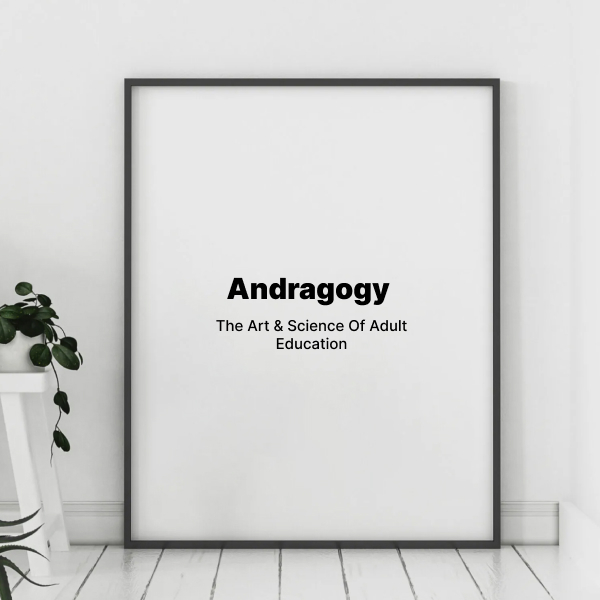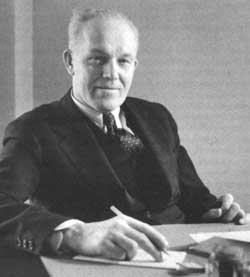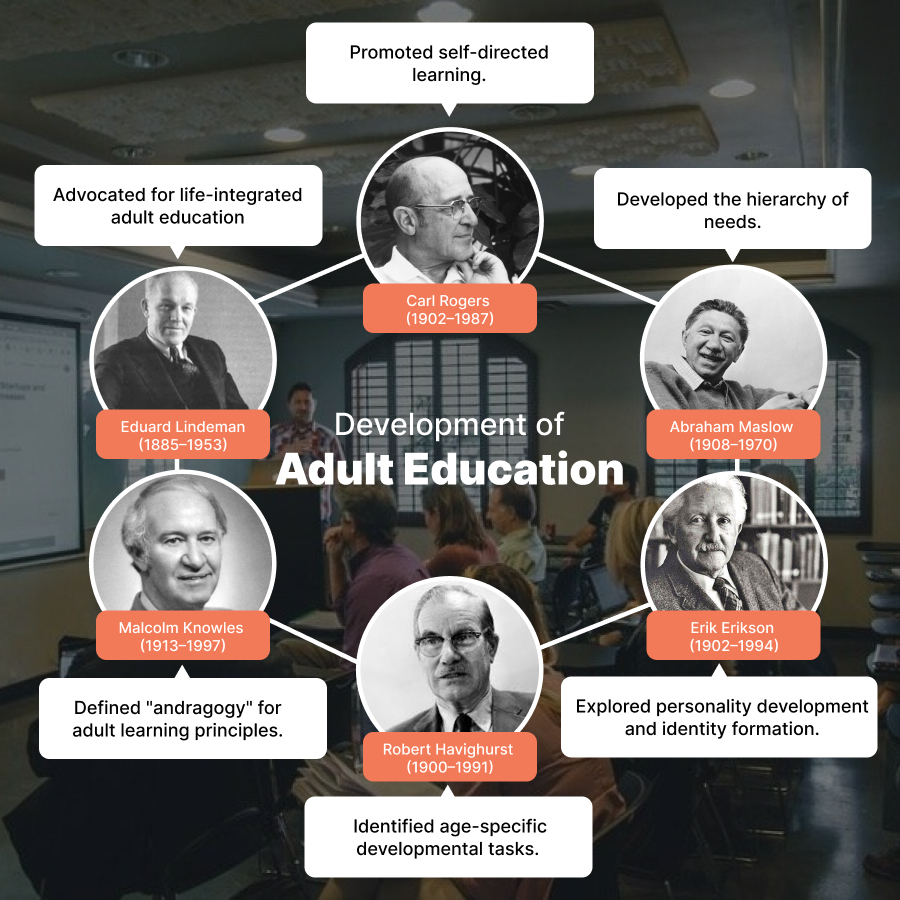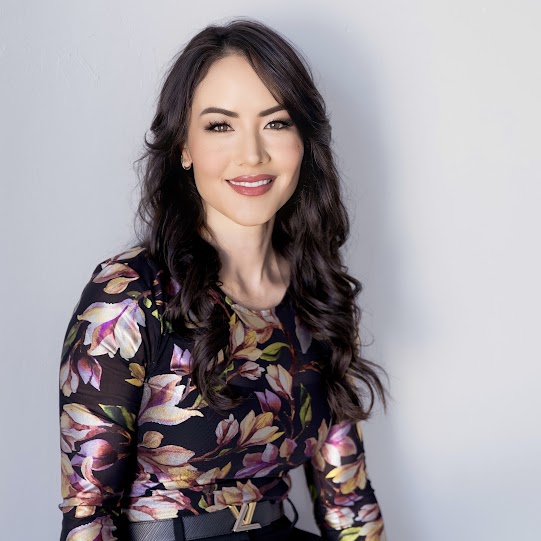Andragogy – The Art & Science of Adult Education
Andragogy – The Art & Science of Adult Education
Table of Contents
Andragogy – The Art & Science Of Adult Education
“People become ready to learn something when they experience a need to learn it”
Malcolm S. Knowles

Formal Adult Education - Where it all began:

Eduard Lindeman is a pioneer of adult education and was among the early theorists to explore the nature of adult learning. Lindeman argued that adult education should be rooted in life itself. For adults to be fully engaged, learning needs to integrate with living.
Lindeman highlighted 5 key cornerstones about adult learners:
1. Motivation by Needs and Interests:
2. Life-Centered Orientation:
3. Experience as a Rich Resource:
4. Need for Self-Direction:
5. Acknowledging Individual Differences:
Timeless Lessons from Early Practitioners
- The integration of earning and learning as continuous processes.
- The recognition of industry and professions as educational institutions.
- The emphasis on self-education and the lifelong nature of learning.
- The need for adult education to foster individual and critical thinking. Not focused on conforming to authoritarian methods.
- The role of laughter and camaraderie in effective adult learning environments.
Watching Adult Education Theory Develop
- Carl Rogers: Shifted from dependency toward self-directedness.
- Abraham Maslow: Clarified adult motivation with his hierarchy of needs.
- Erik Erikson: Provided insights into personality development and identity formation.
- Robert Havighurst: Identified developmental tasks associated with different life stages.

The Birth of Andragogy - The Art & Science of Adult Learning
The Unique Dynamics of Adult Learner and Teacher

Adult Education - Practical Applications and The Future
While the best time to plant a tree was 20 years ago, the second-best time is today.

Carmen Morin is an Instructional Design Strategist, 7-figure education industry founder, and consultant. She specializes in performance-based training and development, and helps founders turn their expertise into scalable income and thought leadership through unmatched education programs.
Tag:
Table of Contents
